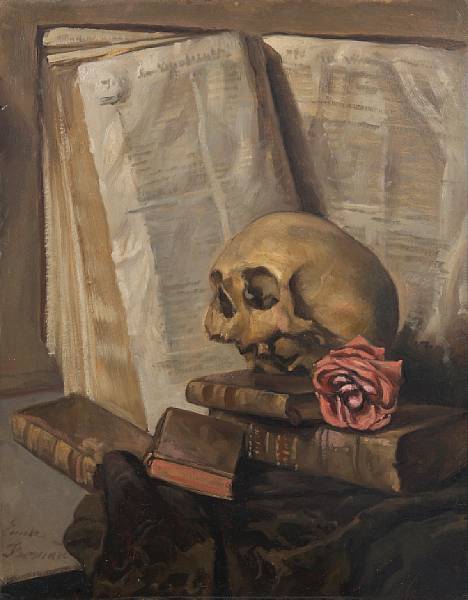 |
| Image from Wikimedia Commons |
Learning the ropes at a new place, and meeting new demands, has not been easy. Also, the miles put on my car and body to get to both places (100-mile round trips each day) has taken its toll. I FEEL tired. I am ready for a break. Luckily, I am within striking distance of Christmas break now, and I'm really hoping that the rest, relaxation, and time with family and friends is going to renew my spirits.
I feel like I worked really hard this year. I don't have much to show for it. The paltry paychecks earned from my adjunct work don't 't show the long hours of planning, grading, and reaching out to students. But, my experience in teaching continues to grow. Right now, I don't have any resumes out, and at least locally, I do not see any full-time opportunities on my horizon. I tried for one earlier in the year and missed out. The competition was stiff - 60 applicants from across the nation, some of whom no doubt had PhDs.
At the close, I am trying to take stock and make sense of this year. I have struggled to understand what progress and success looks like in my life at this moment. I am nearly 30, but I really feel like a lot of loose ends have not come together in my life. No house, no career (at least not full-time), and still eking by on the bare essentials.
In a lot of ways, I just don't feel like life is living up to what I imagined. Now, of course, this is a very "first world problems"-oriented viewpoint. I know I have more in my life and more opportunities than most of the world, but in the rat race of American society, I FEEL lacking. I feel like somehow I was not able to make success happen. Maybe I didn't work hard enough? Go to the right schools? Meet the right people? These questions can spiral into the ingredients necessary for an existential crisis.
I try to stave off those existential feelings because they usually don't lead down healthy avenues of thought. Instead, I try to be thankful and grateful for the things I do have. The things that are working out. And, the many lessons I am learning about adulthood - most of them un-sexy and un-fun, but great lessons nonetheless.
I have been thinking about what I might like the next year to look like, and I'm still at a loss. I am reluctant to set any goals, aspirations, or resolutions at this point. Thinking about next year and what I would want to achieve makes me weary. I feel like my TRY meter is broken. I have tried a lot of things/worked hard in the past five years or so, and sometimes I struggle to see the big picture. Have those lessons/experiences added up to anything? Have they brought me to a good place? I am still wrestling with those answers. To tell the truth, I'm not sure. But, I did try, damn it.
I was listening to a Wilco song called "You Are My Face" recently and it seemed to speak to this juncture and crossroads in my life:
(Singer-Songwriter Jeff Tweedy from Wilco)"I have no idea how this happens
All of my maps have been overthrown
Happenstance has changed my plans
So many times my heart has been outgrown"
This really seems to encapsulate how I am feeling lately. How do you plan when you no longer feel like planning? I have made great plans in the past 10 years - I feel like I did my best with my 20s. But, here in the twilight of my 20s, and the doorstep of my 30s, I feel like many of those plans didn't pan out, or had to change to flow with life. Try as we may to plan our lives, life, God, Fate, Time etc. often can and does step in - and not always in the most pleasing ways.
You don't win any friends being down in the dumps like this, so try to find the silver lining to every cloud. I am living my only life. So, I will try to enjoy it in any and every way I can. I will try to get meaning out of it, even in the tough, unforgiving times.




